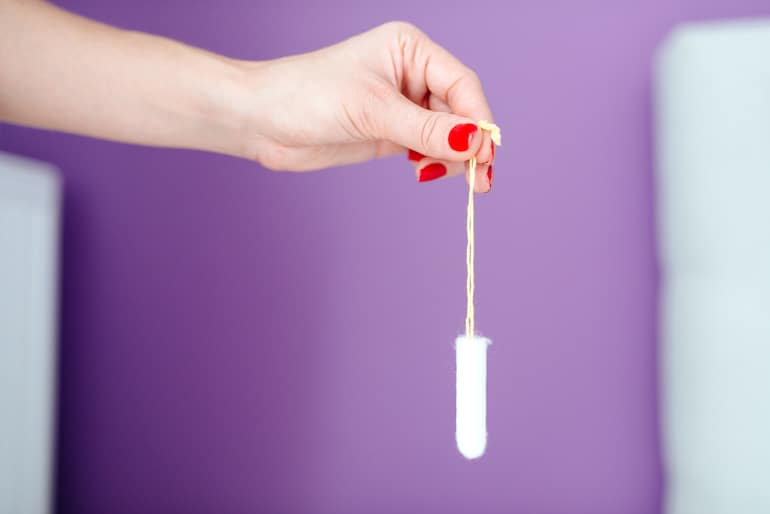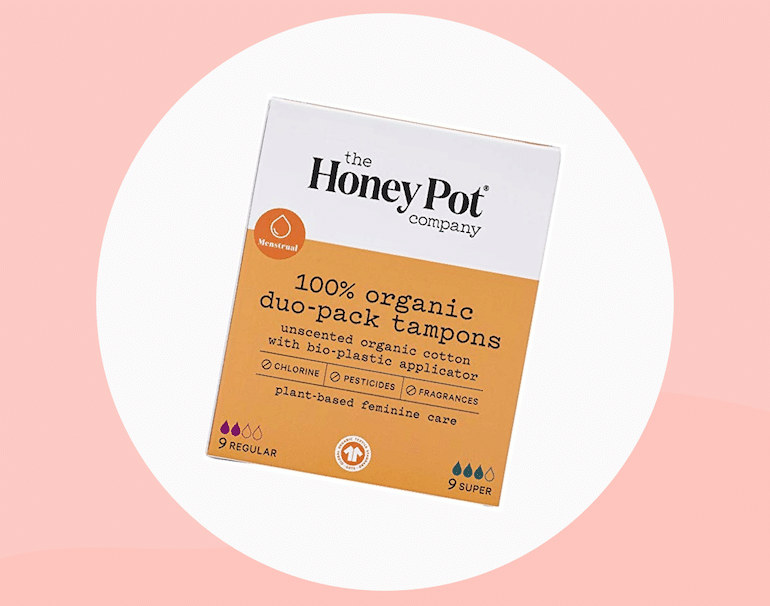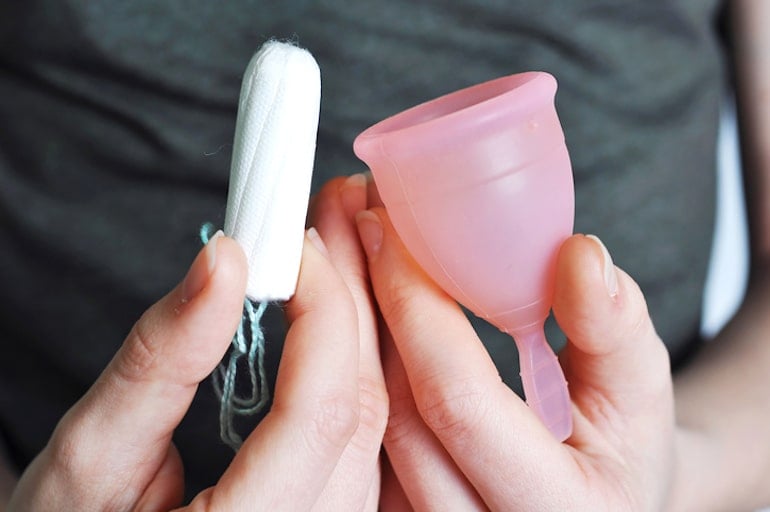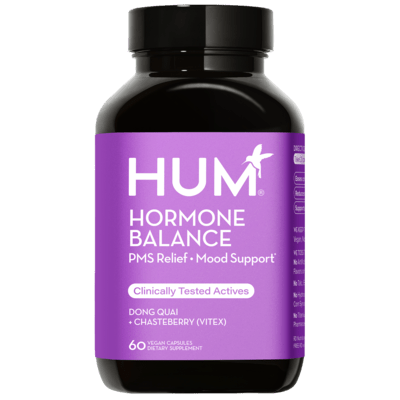We’re unpacking everything you should know when it comes to chemicals in tampons. Plus: the benefits of organic tampons and other feminine care considerations.
Do you use tampons? Since an estimated 50 to 86 percent of all menstruating women in the United States do, let’s assume yes.
Now, when’s the last time you thought about how safe they really are? Further, perhaps you’ve wondered if you should use organic tampons, and if there are real benefits to switching.
Here’s a closer look at chemicals in tampons and the benefits of going organic.



First, what are Tampons made of?
While manufacturers previously used four synthetic materials to make tampons, three of them were taken off the market due to health concerns. The one that remains to this day is rayon, which is prized for absorbency but is what one clinical microbiologist calls “the best of the bad four ingredients.” These days, tampons use rayon, cotton, or often a blend of the two. For the record, the same microbiologist claims that an all-cotton tampon “is the best possible product.”
What chemicals are in Tampons?
Dioxins
As far as chemicals in tampons go, dioxins appear to be the biggest offender. In the conventional tampon bleaching process, dioxins can linger behind. And dioxins are “potentially harmful when absorbed internally over a period of time,” says Wendy Goodall McDonald, MD, FACOG, a board-certified OB-GYN based in Chicago.Do Dioxins Make Tampons Toxic?
Potentially—but the concern about dioxins in tampons gets tricky. While a 2002 study confirms that trace amounts of dioxins exist in tampons, they’re at a significantly lower concentration than dioxins from everyday dietary exposure. However, the World Health Organization states that dioxins are highly toxic and can compromise hormonal, immune, and reproductive health. For this reason, they pose a valid concern. The chemical content can become more concerning once you consider exposure from using tampons on a monthly basis over many years. On top of that, mucous membranes in the vagina rapidly absorb chemicals and fluids. All things considered, conclusive studies are required before reaching an official verdict on dioxins in tampons.Other Chemicals in Tampons
Dr. Goodall McDonald shares other chemicals that conventional tampons—each of which poses its own potential risks—including:- artificial fragrances
- aluminum
- hydrocarbons
- dyes
- chorine
- pesticides
- BPA (in plastic applicators)
What’s the difference between organic and regular tampons?
Before learning about the benefits of organic tampons, it helps to know what makes them organic in the first place. Bea Dixon, CEO/Founder of all-natural feminine care brand The Honey Pot Company, explains that an organic certification depends on the type of cotton used. “Most conventional tampons don’t use organic cotton,” she begins. Instead, “the cotton is processed with bleach and other chemicals that can leave a residue,” consisting of one or some of the chemicals listed above.
Benefits of Organic Tampons
“From less cramping to less bleeding and reduced inflammation and sensitivity, organic tampons have a multitude of benefits for women who want safer options,” Dr. Goodall McDonald shares. Additionally, Bea says that Honey Pot customers love that their organic tampons—which also use BPA-free bioplastic applicators—are leak-proof, easy to use, and above all, safe.More Clean Feminine Care Tips
Interested in going beyond organic tampons? To really clean up your feminine care—say, as you would your skincare routine, hair products, or diet—Bea has a few more tips.Read the Fine Print
“I highly recommend taking a good look at what you’re currently using,” she begins. “If your products are filled with artificial fragrance, dioxins, parabens, and sulfates, you’ll definitely want to transition to more natural options.” In addition to using organic tampons and pads/liners, you may also be interested in using a latex-free, silicone menstrual cup. To take things a step further, you can be similarly selective when it comes to sex toys and lubricants.
Store Your Products Wisely
Bea also cautions against storing your cotton period care products under the bathroom sink. “It’s a dark, humid space that can lead to bacterial growth on your menstrual products,” she shares. That said, store your organic tampons and pads in your medicine cabinet or linen closet. Or even better, consider letting them see the light of day!So, Should I Use Organic Tampons?
As always, the choice is yours. That said, it’s always important to be armed with the facts and potential hazards of what you put into and on your body. For more info on clean feminine care products, follow The Honey Pot Co on Instagram.More like this









